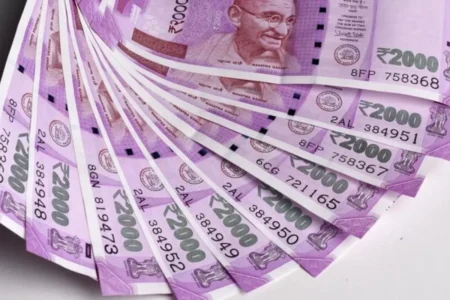In a significant ruling, the Delhi High Court has dismissed a public interest litigation (PIL) challenging the Reserve Bank of India (RBI) and State Bank of India’s (SBI) recent notifications that permit the exchange of Rs 2000 banknotes without the requirement of a requisition slip or identity proof. The PIL, filed by advocate Ashwini Kumar Upadhyay, questioned their legality and potential misuse.
The High Court, in its judgment, upheld the notifications issued by the RBI and SBI, emphasizing the need for practical measures to facilitate the circulation of currency and ease the burden on citizens. The court recognized that the notifications were intended to address the inconvenience faced by individuals in obtaining smaller denominations and emphasized that they did not violate any fundamental rights or legal provisions.
The dismissal of the PIL has sparked a mixed response from the public. Supporters argue that the move will simplify transactions and alleviate the hardships faced by individuals in exchanging high-value currency notes. They believe that this step will promote financial inclusivity and convenience, especially for those who lack proper identification documents.
However, critics express concerns about the potential misuse of this exemption. They argue that it could enable money laundering or illegal transactions, as the absence of identity proof makes it difficult to trace the source and destination of funds. Some also raise questions about the impact of efforts to curb corruption and black money.
